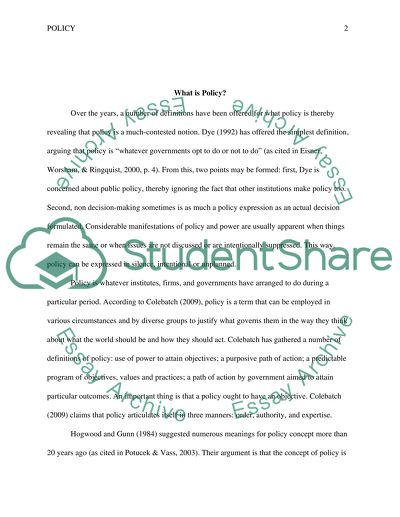Cite this document
(“What is policy Essay Example | Topics and Well Written Essays - 2250 words”, n.d.)
What is policy Essay Example | Topics and Well Written Essays - 2250 words. Retrieved from https://studentshare.org/education/1601226-what-is-policy
What is policy Essay Example | Topics and Well Written Essays - 2250 words. Retrieved from https://studentshare.org/education/1601226-what-is-policy
(What Is Policy Essay Example | Topics and Well Written Essays - 2250 Words)
What Is Policy Essay Example | Topics and Well Written Essays - 2250 Words. https://studentshare.org/education/1601226-what-is-policy.
What Is Policy Essay Example | Topics and Well Written Essays - 2250 Words. https://studentshare.org/education/1601226-what-is-policy.
“What Is Policy Essay Example | Topics and Well Written Essays - 2250 Words”, n.d. https://studentshare.org/education/1601226-what-is-policy.


